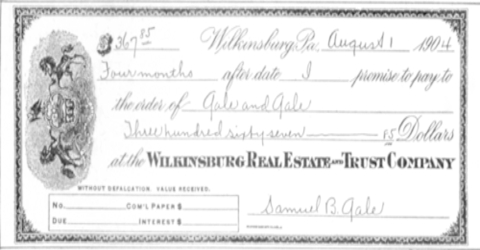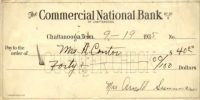Commercial paper is a short-term unsecured promissory note, negotiable and transferable by endorsement and delivery with a fixed maturity period. It is issued by large and creditworthy companies to raise short-term funds at lower rates of interest than market rates.
Maturities on commercial paper hardly ever range any longer than 270 days. Commercial paper is generally issued at a discount from face value and reflects prevailing market interest rates. The issuance of commercial paper is an alternative to bank borrowing for large companies that are generally considered to be financially strong. It is sold at a discount and redeemed at par. The original purpose of the commercial paper was to provide short-term funds for seasonal and working capital needs. For example, companies use this instrument for purposes such as bridge financing.
Example: Suppose a company needs long-term finance to buy some equipment. In order to raise the long-term funds in the capital market, the company will have to incur floatation costs (costs associated with the floating of an issue are brokerage, commission and advertising etc.). Funds raised through commercial paper are used to meet the floatation costs. This is known as Bridge Financing.














